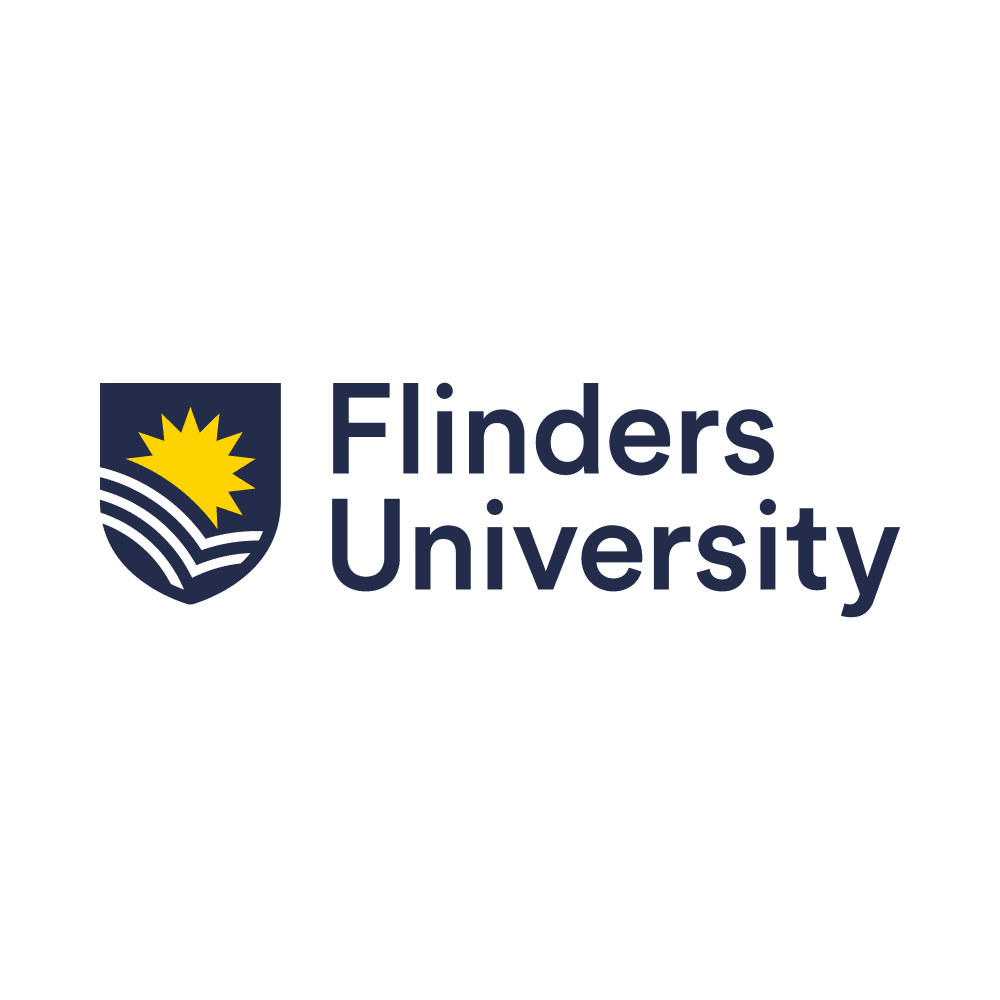Flinders University
Master of Accounting and Graduate Certificate in Social Impact
- Delivery: Face to Face
- Study Level: Postgraduate
- Duration: 24 months
- Course Type: Master's
Equip yourself with the skills to apply social impact principles to innovation, service, and system design while working as an accountant.

Course overview
This combined degree enables you to follow your interests and aspirations whilst enhancing your career prospects by concurrently undertaking two different but complementary areas of study.
The Master of Accounting degree provides students with the knowledge and skills essential for success in the accounting profession. The program covers vital business and accounting knowledge and competencies, including financial and managerial accounting, accounting information systems, auditing, taxation, business and corporate law. With a focus on both theoretical concepts and practical application, the degree cultivates critical thinking, analytical abilities and an understanding of financial reporting and analysis.
Graduate Certificate in Social Impact students will be immersed in the world of social impact research, policy and practice through innovative teaching approaches designed and delivered by a team of active social impact researchers at the Centre of Social Impact (CSI) Flinders, along with their Industry and Policy partners who will use real-life projects as case studies to enhance students’ work-integrated learning.
This degree is accredited by Chartered Accountants Australia and New Zealand (CAANZ), Certified Practising Accountants Australia (CPA Australia) and the Institute of Public Accountants (IPA).
CSP Subsidised Fees Available
This program has a limited quota of Commonwealth Supported Places (CSP). The indicative CSP price is calculated based on first year fees for EFT. The actual fee may vary if there are choices in electives or majors.
Key facts
Bedford Park
Tonsley
What you will study
You must complete 16 topics (72 units). Each topic is valued at four and a half units.
Master of Accounting:
- Exploring Accounting Principles
- Transforming Accounting Processes
- Analysing Business Data
- Appraising Economic Environments
- Measuring Operational and Financial Performance
- Resolving Accounting Issues
- Managing Company Finances
- Accounting for Companies
- Building Confidence with Audit and Assurance
- Understanding Taxation Law
- Upholding Business Law and Regulations
- Researching Markets
Graduate Certificate in Social Impact:
- Social Impact in Context
- Leadership for Social Impact
- Innovation for Social Impact
- Demonstrating Social Impact
Entry requirements
Academic requirements
Applicants must have completed a bachelor's degree or an equivalent qualification in any discipline (other than an accounting degree accredited in Australia) from an approved tertiary institution.
Outcomes
Career outcomes
Potential occupations include:
- Accountant
- Business Analysis
- Finance Manager
- Policy Adviser
- Program Director
- Relationship Manager
- Social Impact Specialist
- Policy Adviser
- General Manager
Learning outcomes
- Explain the role of accounting in strategic and operational planning and decision-making within an organisation, including reference to and recognition of taxation and other legal issues relevant to business.
- Apply the professional accounting body ethical standards to professional and business scenarios and critically evaluate the role of theory in informing accounting practice.
- Apply technical accounting skills to process transactions and construct accounts for a variety of organisations, including sole traders, partnerships and companies.
- Apply accounting theory and concepts to produce reports to inform management and strategic planning, control and decision-making.
- Critically analyse diverse business scenarios by applying accounting information system concepts as well as auditing principles and processes.
- Critically appraise the impact of fiscally responsible and sustainable compliance with legal, regulatory and governance obligations.
- Apply appropriate research methods to conduct projects to identify solutions to authentic accounting, financial control and budgeting problems in/organisations.
- Manage time, tasks, self and others effectively to complete projects individually and in collaboration with a diverse team.
- Explain theoretical concepts and complex ideas in both written and verbal formats appropriate for a range of specialist and non-specialist stakeholder audiences.
- Competently operate within the body of knowledge and terminology in the area of social impact, including social innovation, collaborative practice, outcomes-focused systems, person-centredness and lived experience.
- Demonstrate emerging leadership skills for positive social impact and social change, including the ability to engage effectively with different stakeholders, build partnerships, understand and influence policy, and develop ongoing self-reflection on one's own leadership.
- Apply the principles of social economy and social investment to social innovation, service and system design, people-centred solutions, community place-based approaches, social entrepreneurship and governance.
- Demonstrate an in-depth understanding and emerging skills in measuring, evaluating and demonstrating social impact, gathering and analysing evidence from different stakeholder groups, and using methods of co-production and co-design in participatory action research.
Fees and CSP
Annual indicative fee in 2026: $35,640 (domestic full-fee paying place)
Annual indicative fee in 2026: $16,992 (Commonwealth Supported Place)
Annual indicative fees are based on a full-time study load of 36 units.
A student’s annual fee may vary in accordance with:
- The number of units studied per term.
- The choice of major or specialisation.
- Choice of units.
- Credit from previous study or work experience.
- Eligibility for government-funded loans.
Student fees shown are subject to change. Contact the university directly to confirm.
Commonwealth Supported Places
The Australian Government allocates a certain number of CSPs to the universities each year, which are then distributed to students based on merit.
If you're a Commonwealth Supported Student (CSS), you'll only need to pay a portion of your tuition fees. This is known as the student contribution amount – the balance once the government subsidy is applied. This means your costs are much lower.
Limited CSP spaces are offered to students enrolled in selected postgraduate courses.
Your student contribution amount is:
- Calculated per unit you're enrolled in.
- Dependent on the study areas they relate to.
- Reviewed and adjusted each year.
HECS-HELP loans are available to CSP students to pay the student contribution amount.
FEE-HELP loans are available to assist eligible full-fee paying domestic students with the cost of a university course.








